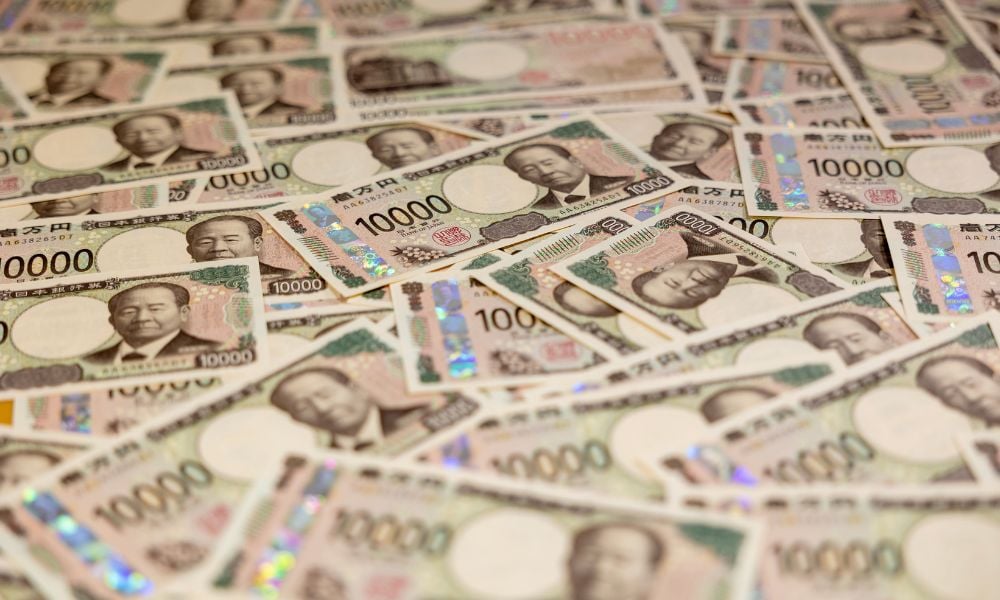
Average minimum wage set to rise by record 5.1% in 2025

Japan’s rising minimum wage is projected to increase inflation, primarily through higher service costs, according to Reuters, citing the Bank of Japan’s (BOJ) quarterly report released Friday.
The central bank expressed confidence that this wage-driven inflation could help sustainably reach its 2% target, marking a significant shift in Japan’s economic landscape.
The BOJ report noted that the average minimum wage in Japan is set to rise by a record 5.1% for the fiscal year ending March 2025, with substantial increases in regions previously maintaining lower wage levels. BOJ analysts predict that ongoing minimum wage increases will contribute notably to price inflation, particularly in service sectors, said Reuters.
The report estimates that a 1% increase in the minimum wage could elevate service prices, as measured by the consumer price index, by approximately 0.07 percentage points.
According to the BOJ’s analysis, inflation pressures in Japan are now more influenced by unit labour costs rather than by raw material costs, a change underscored by the latest gross domestic product (GDP) deflator figures.
Since early 2024, Japan’s inflation has increasingly been driven by labour costs, reflecting broader wage increases across sectors, said Reuters.
The BOJ highlighted that sustainable and wide-reaching wage growth is a critical condition for raising interest rates beyond the current 0.25% set in July, following the termination of the negative interest rate policy in March.
BOJ Governor Kazuo Ueda emphasized that the central bank would consider further rate hikes only if rising inflation is underpinned by strong domestic demand and robust wage growth.
Amid rising living costs, Japan’s ruling Liberal Democratic Party, led by Prime Minister Shigeru Ishiba, has pledged to raise the minimum wage by 42% to 1,500 yen per hour by the end of the decade, said Reuters.
While recent labour negotiations have resulted in substantial wage increases due to Japan’s tightening labour market, concerns remain about whether businesses can continue raising wages, especially as slowing global economic growth affects corporate profits.
Working women across Japan are earning significantly less than their male counterparts, with the national average of women's income standing at 74.8% of men's wages, according to a recent survey by the government.